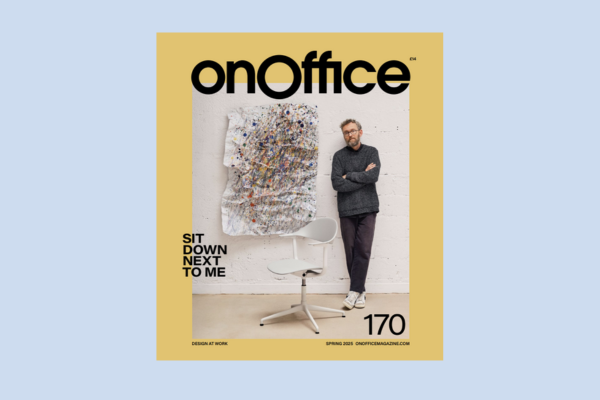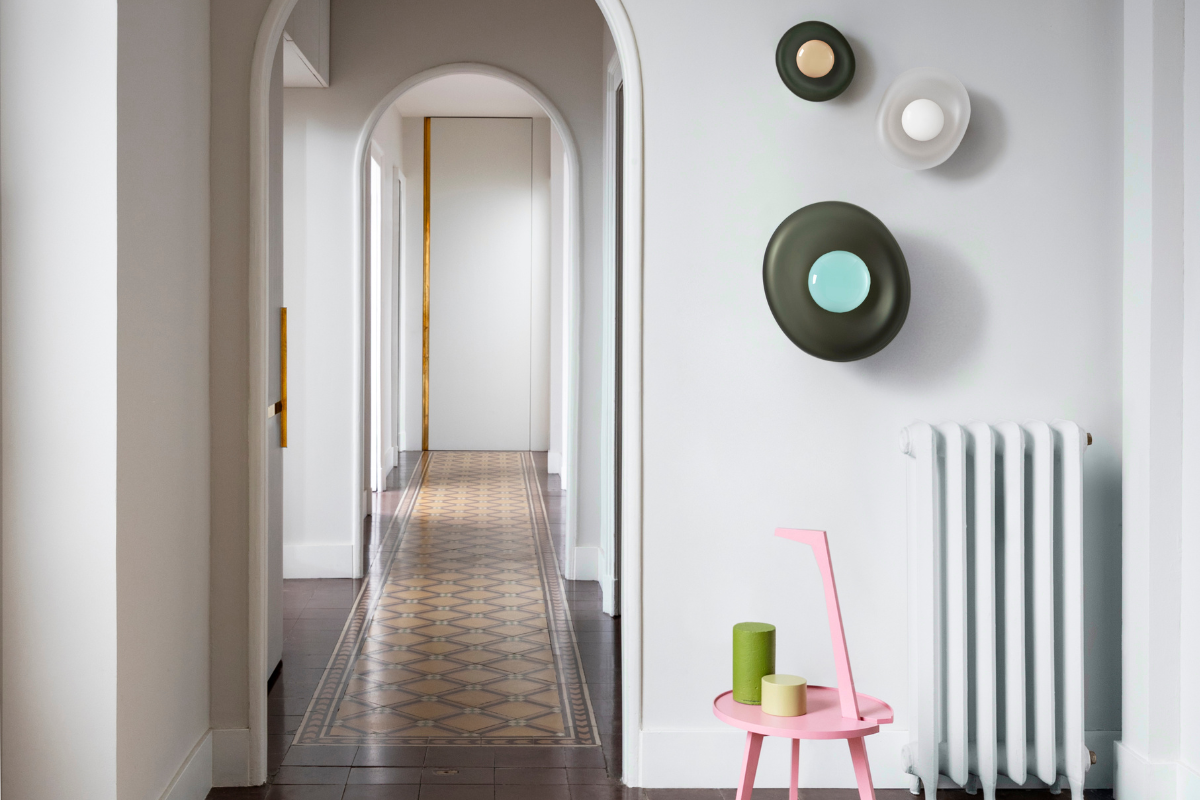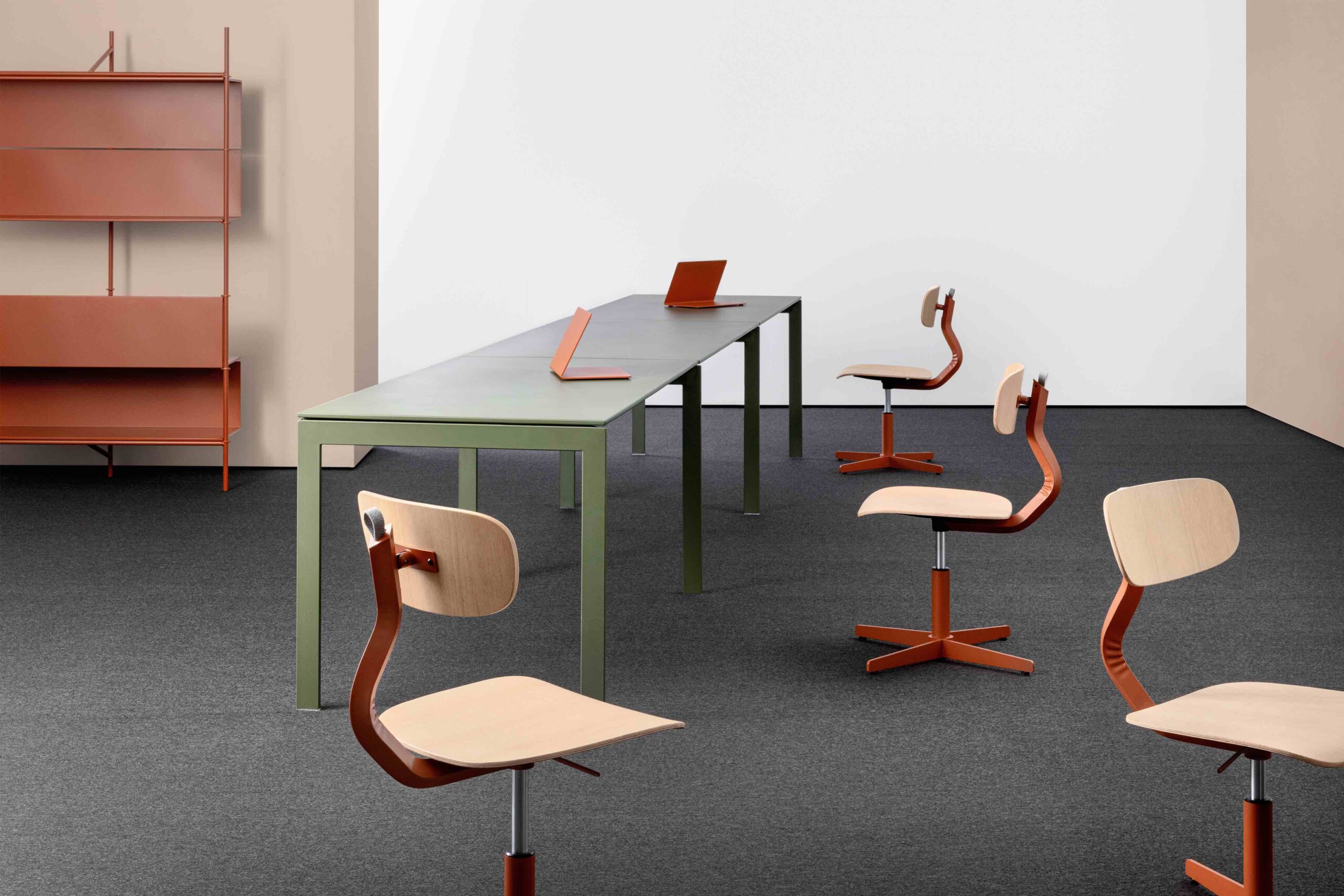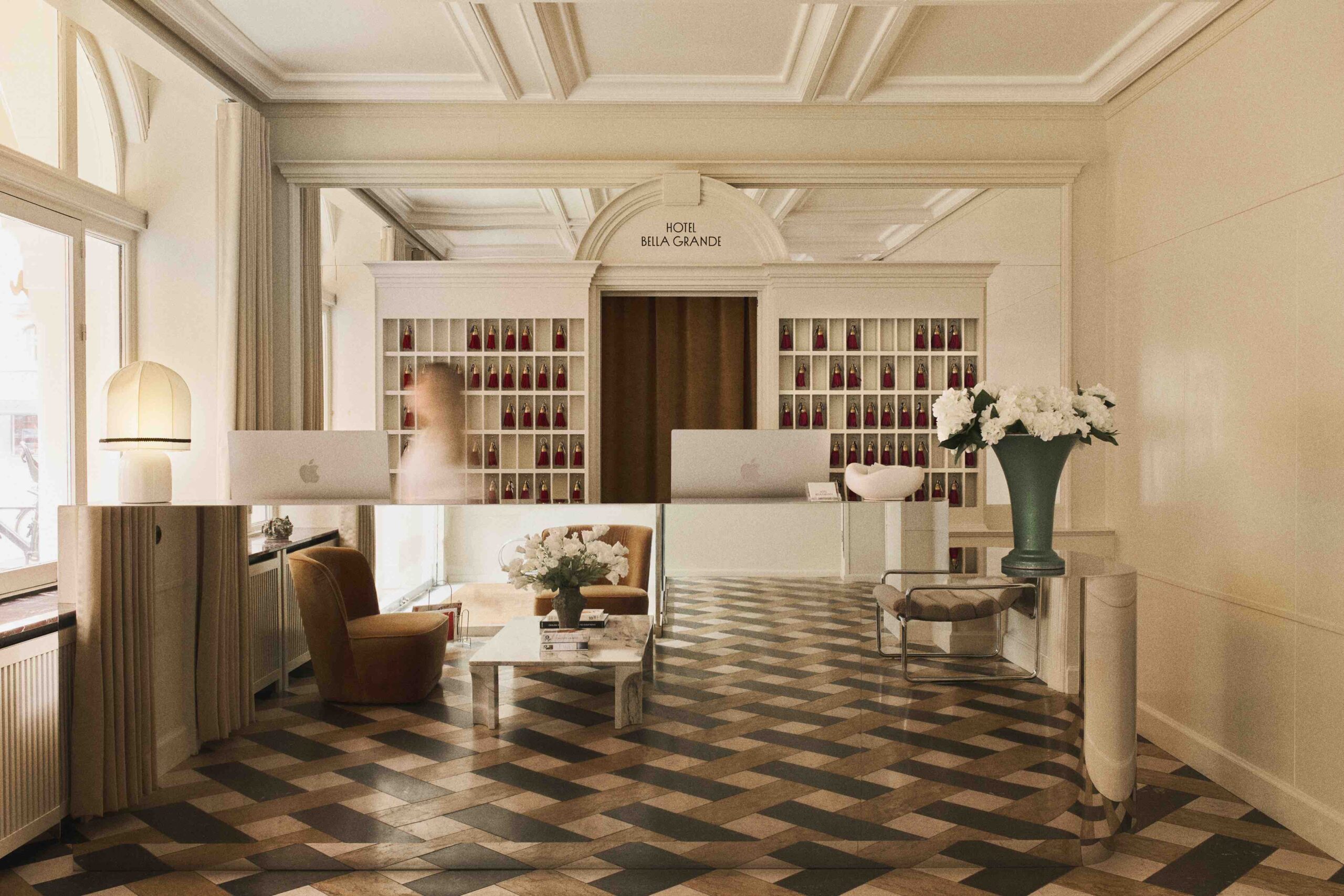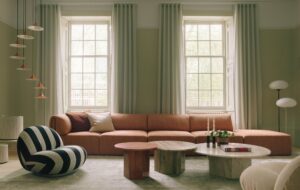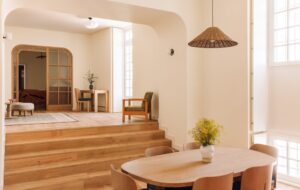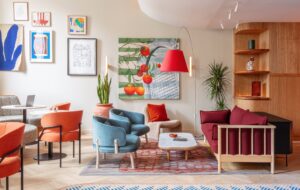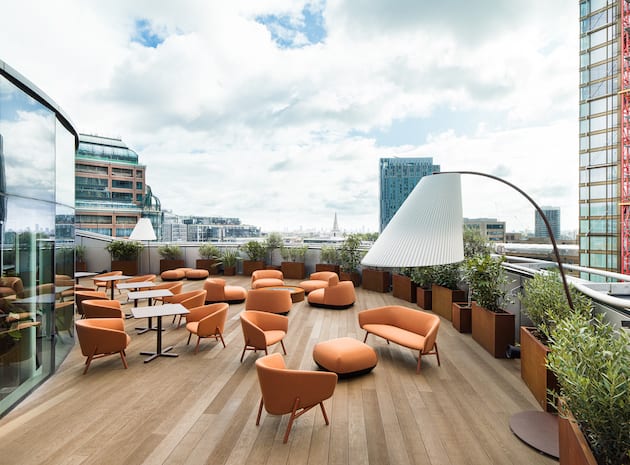 |||
|||

Co-working spaces, serviced offices, managed offices and incubators are all part of a revolution in the traditional property supply chain. Businesses now plan over very short time periods – often as little as the year ahead. More than ever, they require flexibility. The flexible space market has grown rapidly: in central London it has tripled since 2007 and looks set to continue growing.
Such spaces are less corporate in style and sentiment and are, in part, a response to the proliferation of the tech, online and creative sectors. While small firms are benefiting from the changes, many larger firms are also adopting a more flexible approach to space procurement. With flexibility, occupiers don’t need to be tied to a workspace that isn’t boosting productivity. As wellness rides up the corporate agenda, more and more occupiers will be switching to wellbeing enabled buildings.
Read more: What really makes people happiest at work?
The benefits of a healthy and happy workforce are starting to become better known and it is something many employers are investing in. At Uncommon, we believe that a healthy and happy workforce is also a more productive one, which is why we have constructed all our spaces using nine key pillars: agile working, technology, ergonomics, light, sound, air quality & scent, biophilia, nutrition and art.

The office is also evolving into an actively curated environment, managed like a hotel rather than a traditional office, with a high level of service and experience for members, or guests.
Wellness is deeply rooted within our space planning and is why we produced a research report on the topic to explore workplace wellbeing in more depth. Titled “Wellbeing Works”, the report shows the impact of putting wellbeing needs at the heart of office planning on our health, happiness and productivity.
The main findings of the report include:
– 92% of occupiers have a preference for wellness-enabled buildings;
– 40% of office workers feel that their office does not enable them to work productively;
– 78% of Uncommon members believe having dedicated spaces for certain activities has a positive impact on productivity and wellness;
– 53% of Uncommon members believe the presence of plants makes them less stressed;
– 74% of UK employees feel their workplaces do not have sufficient spaces for relaxation;
– People working in enriched spaces (decorated with art or plants) are 17% more productive than those in lean spaces.

Agile working is an incredibly important pillar at Uncommon and one that is considered in great depth during the planning stages. We use the principles of Activity Based Working (ABW), a method that suggests different activities require different environments. We have designed a range of spaces suited to the diverse work activities required by our members, including relaxed lounge areas, private desks, bookable meeting rooms, quiet floors and a new “Well Studio”, a dedicated wellness floor in the Liverpool Street space where members can relax, unwind or energise. We found 78% of our members agree that having these separate spaces positively impacts their productivity and wellness.
The concepts of lighting, sound and scent are integral to our spaces. Scientists have researched how the smell of a space influences the way we think and behave, and air quality has a significant impact on health, wellbeing and productivity. The relationship between ventilation, temperature and humidity is particularly significant.
There is a basic human preference for natural lighting over artificial and a link with improved productivity, and therefore every single one of our offices has windows and natural light. When surveyed, 55% of our members agreed that natural light is a leading factor when selecting an office space, and this ranked higher than factors such as flexibility and size of space. In terms of ventilation and air quality, we have installed over 1,000 living plants across our spaces, helping to filter the air and set a more relaxed, less corporate environment. As humans, we have a deep-rooted desire to connect with nature, so incorporating biophilic design in the office can enhance productivity and performance by promoting calm and relaxation.
We have also tailored our spaces through scents to impact the way member think, whether they want calm concentration or inspired ideas. Spaces are infused with scents such as lemon verbena (to promote concentration) or vanilla and cinnamon (for creativity). We have also curated specific playlists to suit each area of our spaces. For example, if a space is geared towards concentration, the music played is slower and calmer, and with fewer lyrics. The speed of music played also reflects the heartbeat, otherwise it becomes too distracting and members cannot focus or concentrate successfully – performance drops of 66% can occur when workers are exposed to disruptive background noise.
Over the years, the workplace agenda has moved from efficiency, to effectiveness, attractiveness, and now the wellness of workers. The fact that 92% of occupiers now have a preference for wellness-enabled buildings shows the importance of caring for workers’ mental and physical wellbeing. This is a trend we expect to increase dramatically over the next few years, as companies start to mark wellness as an operational priority.
Find out more about Uncommon memberships here
Tania Adir, co-founder of Uncommon coworking spaces, explains what a new report reveals about people’s expectations and desires in a workplace

